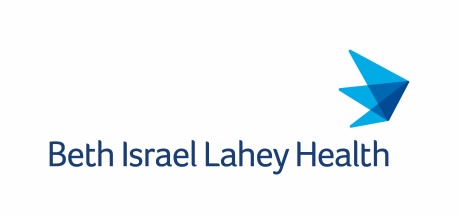Newswise — If you have ever seen a doctor about a heart-related issue, chances are you have had an echocardiogram. The most common form of the test involves a technician placing an ultrasound transducer on your chest and getting a shadowy look at your beating heart, its chambers and valves.
But the ultrasound beam during a standard echocardiogram must penetrate the chest wall and lungs, potentially obscuring the image. In that case, a more invasive procedure, a transesophageal echocardiogram (TEE) must be ordered, threading a probe down the throat to take a look at heart structures. In 25 percent of all cases, this exam turns up something that wasn't previously diagnosed.
The TEE is also routinely used in cardiac surgery, where it has been found to be a valuable tool in valve surgeries, says Feroze Mahmood, MD, the director of vascular anesthesia at Beth Israel Deaconess Medical Center. It is also helpful when patients develop problems with blood circulation of oxygen reaching tissues during surgery.
Until now, the only way anesthesiologists who perform the operating room exam could learn the procedure was to do it with actual patients. But thanks to the first-in-the-world simulator now available at Beth Israel Deaconess Medical Center, residents can learn on a mannequin attached to a sophisticated computer program " and attending physicians can brush up their skills too.
"In the OR, the doctor would see only the black & white image of the ultrasound," says Mahmood. "He doesn't know where the probe is. In contrast, the simulator offers a digital model of a beating heart. The ability to visualize their heart and the function of the heart is enormous."
The simulator developed British anesthesiologists currently features only normal heart structures so trainees can become more proficient before encountered real patients with disease.
"It's hard in the OR because you have time pressure and need to keep the patient safe," says Kevin Cummisford, MD, an anesthesia fellow training on the simulator. "We can take our time, he can explain things along the way and we don't have all those other pressures along the way.
"Patients are never perfect. The echo imaging isn't as good. Here you have a good image of what normal is and it's easy to add on the abnormal that we see every day."
Beth Israel Deaconess Medical Center is a patient care, teaching and research affiliate of Harvard Medical School, and consistently ranks among the top four in National Institutes of Health funding among independent hospitals nationwide. BIDMC is clinically affiliated with the Joslin Diabetes Center and is a research partner of Dana-Farber/Harvard Cancer Center. BIDMC is the official hospital of the Boston Red Sox. For more information, visit www.bidmc.org .
